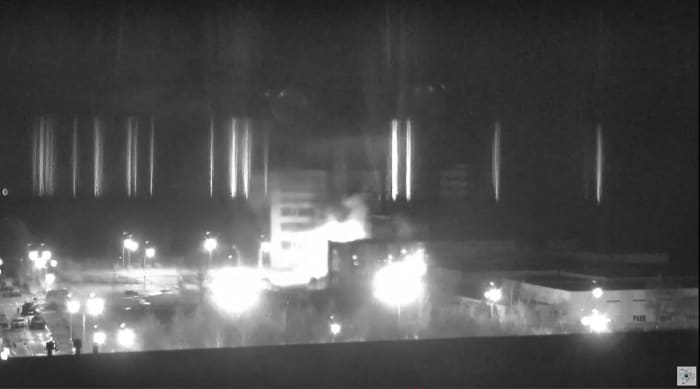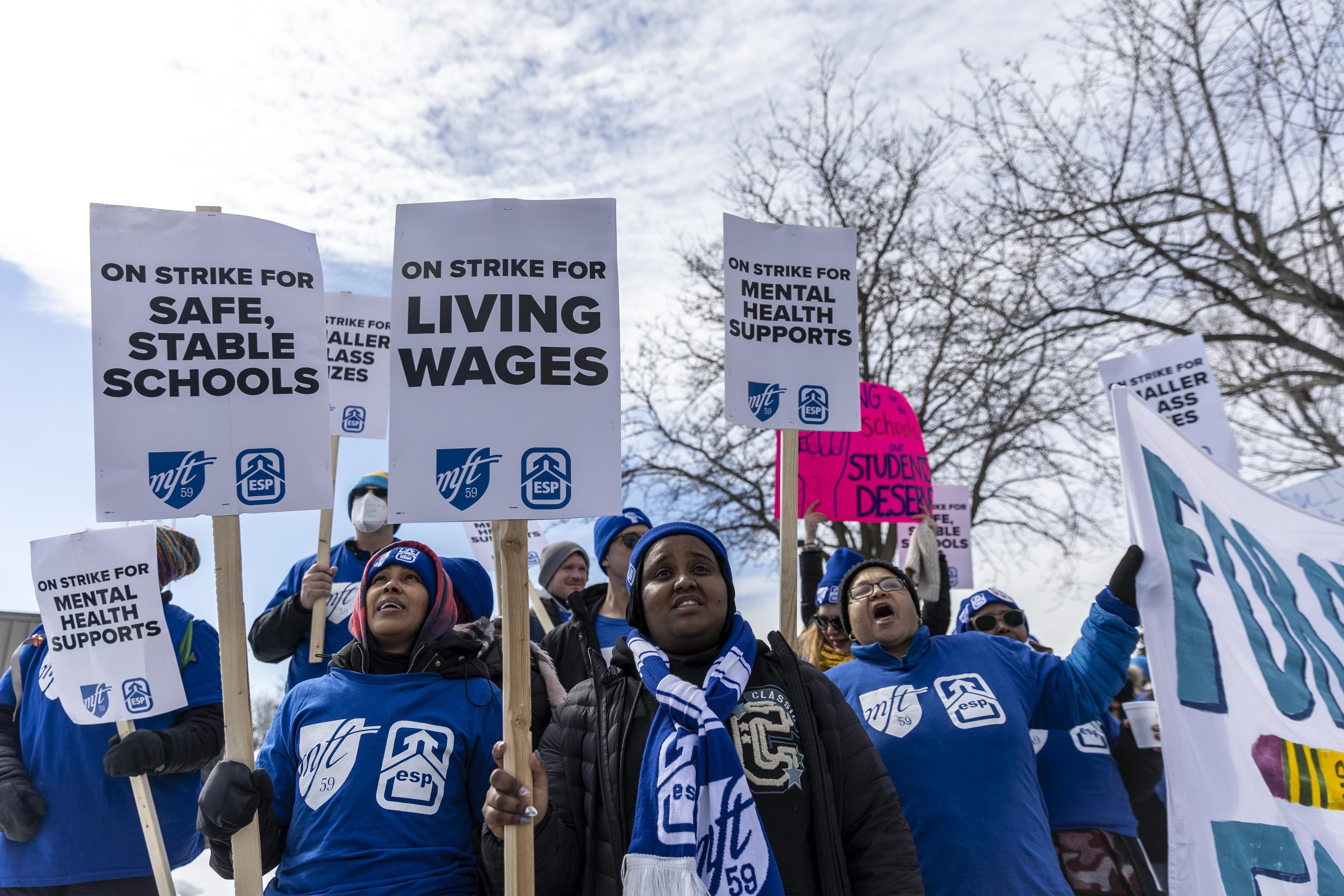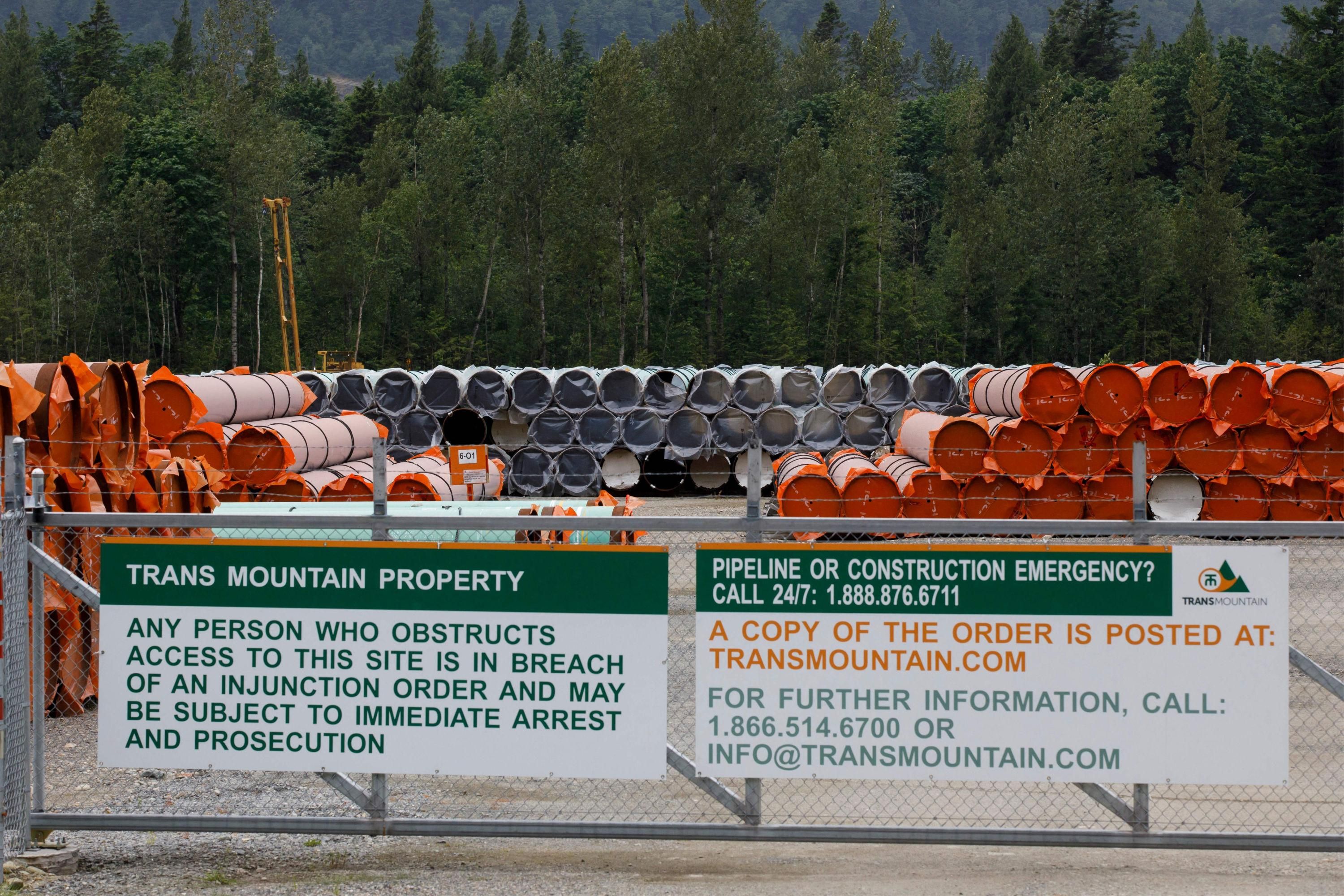Churchill and Shakespeare in
impassioned plea to UK Parliament
Nadine Batchelor-Hunt
·Political Correspondent - Yahoo News UK
Tue, March 8, 2022,
Ukraine's president delivered a rousing and impassioned speech to British MPs on Tuesday, in which he thanked Boris Johnson and invoked Winston Churchill as he vowed to fight Russian troops in the air, sea and on the streets.
Volodymyr Zelenskyy received a standing ovation from MPs in the Commons as he appeared via video link from Kyiv, where he has resolutely remained with his people since Vladimir Putin launched his full-scale invasion nearly two weeks ago.
He used his speech to repeat his call for a no-fly zone to be established by the West, begging for the UK to "make sure that our Ukrainian skies are safe".
Read more: Putin 'extremely paranoid' US is plotting to overthrow him: 'He could double down'
The historic address, the first time a foreign leader has spoken directly to MPs in the Commons, came shortly after the UK announced it would phase out the import of Russian oil and oil products by the end of the year as part of a ratcheting up of sanctions on Moscow.
Addressing MPs, Zelenskyy spoke of the devastation being wrought on his country and vowed that Ukrainians would keep fighting against the "terrorist state".
He drew comparisons between Nazis and the Second World War, and invoked Churchill as he cited Britain's spirit in fighting Adolf Hitler.
Ukrainian president Volodymyr Zelenskyy invoked Winston Churchill as he described his country's struggle against Vladimir Putin. (UK Parliament / Jessica Taylor)
The House of Commons gave Zelenskyy a standing ovation as he appeared via video link from Kyiv. (UK Parliament / Jessica Taylor)
In a nod to William Shakespeare, Zelenskyy questioned whether Ukraine was "to be or not to be" following the invasion, before firmly stating it is "Yes! To be."
Referencing Churchill, Zelenskyy said: "We will not give up and we will not lose.
"We will fight to the end at sea in the air. We will continue fighting for our land whatever the cost.
"We will fight in the forests, in the fields, on the shores, in the streets.
"We will fight on the banks of the rivers and we are looking for your help - for the help of the civilised countries.
"We are thankful for this help and I'm very grateful to you, Boris."
Zelenskyy thanked Boris Johnson for his support. (UK Parliament / Jessica Taylor)
Zelenskyy has refused to leave Ukraine despite the Russian invasion - reportedly telling the US "I need ammunition, not a ride" when offered support to escape. (Getty Images)
Zelenskyy appealed for more support, including a plea for Western countries to impose a no-fly zone over Ukraine.
He said: "Please increase the pressure of sanctions against this country and please recognise this country as a terrorist state.
"And please make sure that our Ukrainian skies are safe and that you do what needs to be done."
The Ukrainian president was met with another standing ovation as he finished his speech before the video link to Kyiv ended.
Johnson, responding to the speech, told the House of Commons: "Never before in all our centuries of our parliamentary democracy has the House listened to such an address.
"In a great European capital now within range of Russian guns, president Volodymyr Zelenskyy is standing firm for democracy and for freedom."
'If you do not have the power to close the skies, then give me planes!' Zelensky told the West at a press conference last week. (Getty Images)
Labour leader Sir Keir Starmer also lauded Zelenskyy.
"Every one of us has been moved by the bravery, the resolve, and the leadership of president Zelensky," Starmer said.
Read more: Russian invasion 'not going well... getting more desperate', says UK minister
"Invading troops march through his streets, shells rain down on his people, and assassins seek his life.
"No-one would have blamed him for fleeing but instead, he has stayed in Kyiv to lead the Ukrainian people and to fight."
Debris lies scattered around a hole in a road following an airstrike in Bila Tserkva, Kyiv Oblast. (Reuters)
Buildings damaged by shelling during Russia's invasion of Ukraine in Kharkiv on Tuesday. (Reuters)
Zelenskyy has emerged as a heroic figure throughout Russia's invasion, becoming a symbol of hope for Ukrainians and refusing to leave Kyiv despite the threats to his safety.
Despite repeatedly calling for the West to implement a no-fly zone over Ukraine to limit the amount of destruction Russia is able to inflict, NATO has ruled out such a move – citing it could trigger a war with Russia, a nuclear power.
Read more: Putin isn't insane and won't use nuclear weapons, says Russia's ex-foreign minister
Zelenskyy has also asked the UK to step up sanctions on Russia, and requested more weapons, with calls from a growing number of Ukrainian politicians for fighter jets.
"If you do not have the power to close the skies, then give me planes!" said Zelenskyy last week.
The UK has donated around £400m to Ukraine so far, as well as providing defensive military equipment for the Ukrainian military.
Britain mulls giving ‘Starstreak’ air-defense weapons to Ukraine
CARL COURT
Andrew Chuter
Wed, March 9, 2022, 10:56 AM·4 min read
LONDON — Britain has stepped up its supply of weapons to the Ukrainian military, adding Starstreak anti-air missiles to a list that already includes significant numbers of anti-tank weapons.
Defence Secretary Ben Wallace told lawmakers Mar. 9 that the government was “exploring” the supply of Starstreak but later confirmed that the decision had already been taken in principle to provide the Thales UK-built, short-range weapon.
Issues such as training still had to be resolved, however, said the defense secretary.
Wallace also told Parliament that Britain would supply limited numbers of Lockheed Martin- and Raytheon-built Javelin anti-tank missiles alongside non-lethal items such as ration packs and medical supplies.
“We believe that this system will remain within the definition of defensive weapons but will allow the defending force to better defend the skies,” Wallace said, referring to the Starstreak capabilities.
Wallace told lawmakers that Russia was now using unguided bombs, and that with 95 percent of its forces around Ukraine committed, Moscow was trying to encourage private Russian troops from organizations like the Wagner Group to join the fight.
Citing Ukrainian data, he said Russia is believed to have lost 285 tanks, 985 armored vehicles, 44 aircraft, 48 helicopters, 109 artillery pieces. Some 11,000 Russian troops had been killed, he added, noting that the Ukrainian figures were unverified.
Starstreak is a high-velocity missile designed to provide air defense against helicopters, low flying fixed wing jets and unmanned air vehicles out to a range upwards of 4 miles.
The British have fielded the weapon since 1997, first mounted on an armored vehicle, but more recently as a lightweight, multiple-missile launcher and in shoulder-launched configurations.
Starstreak is the second significant weapon system supplied to the Ukrainian military by the British recently.
Just ahead of the Russian invasion Royal Air Force C-17 airlifters delivered Next Generation Light Anti-tank Weapons (NLAW) to Ukraine.
Like the Starstreak, the NLAW was built at a Thales UK factory just outside Belfast, Northern Ireland, although the anti-tank weapon was largely developed by Saab in Sweden as a collaborative effort between the two countries.
Wallace updated lawmakers on the volume of NLAWs supplied to the Ukraine, saying Britain had initially provided 2000 weapons but had now increased that number to 3615 missiles, with efforts continuing to deliver more.
The weapons are coming from British military stockpiles. Wallace said work was underway to replenish them.
The weapons supply is part of a wider aid contribution from the British, which includes a big increase in humanitarian donations by the government.
Although Britain is pouring money into aid and the supply of weapons Wallace didn’t address the broader issue of increased defense spending during his statement.
The government announced a £16.5 billion ($22.3 billion) increase over four years in 2021, but a yet-bigger increase would appear to have broad support across Parliament.
The parliamentary Defence Committee has been advocating a substantial rise in Britain’s underfunded military for several years.
A plan for increased spending could come as soon as the next few weeks.
How much is enough is a difficult question, said John Louth, an independent defense analyst here.
“They will have to consider going back to the 1980s spending levels if not before,” he added. “Certainly I can see it going up to 3.5% of gross domestic product [from 2percent now], maybe a little more. The lesson from the Cold War though is that it’s no good doing that unless you are taking an integrated approach with allies.”
Like other analysts here Louth reckons the government’s integrated defense review, released just 12 months ago, will need a rethink, if not shredding, in the wake of the Russian invasion.
Louth said rethinking the role and capabilities of Britain’s shrinking army Army was the immediate priority.
“The British Army have to wake up to the fact that the future isn’t going to be exquisite, highly technical stand-off weapons. It is probably going to be lots of people in traditional looking vehicles with the ability to maneuver. It changes the sense of the Army just being a recruiting ground for the special forces,” he said.
















